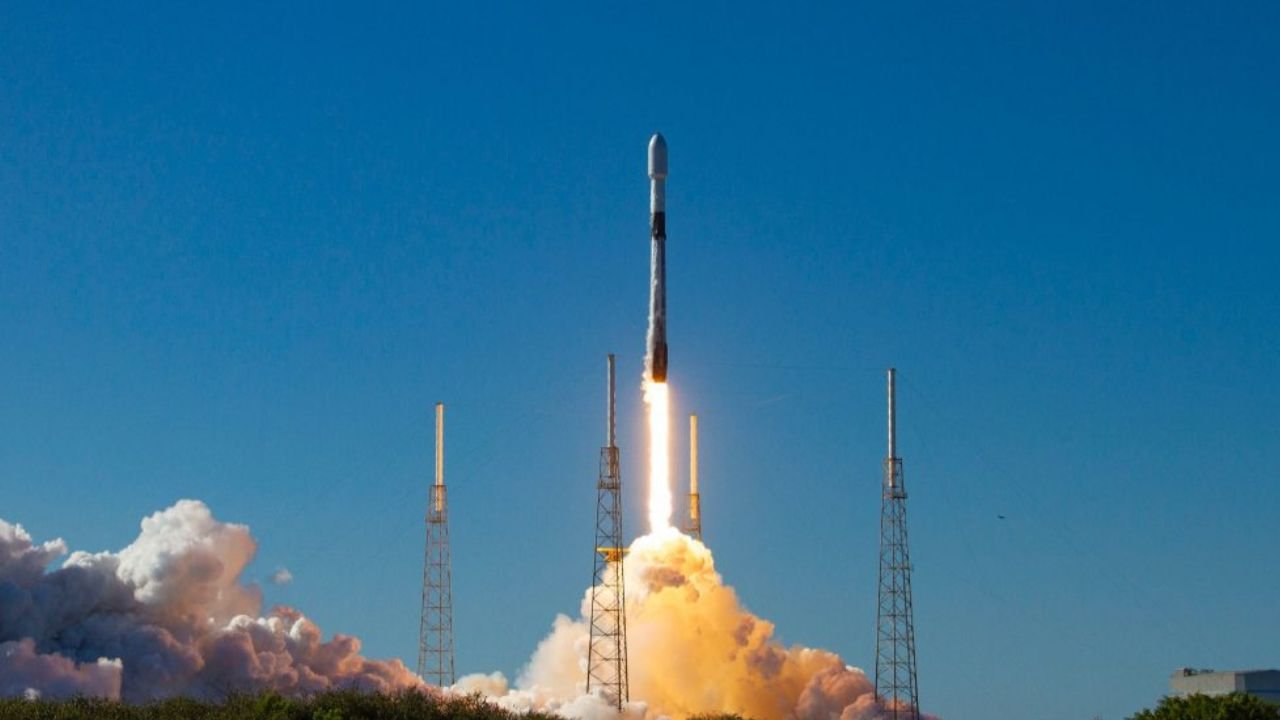In January, the inaugural satellite that will provide an ultra high-definition video feed of our dear planet left the SpaceX commerce launch port in Cape Canaveral.
London-based startup Sen marked the milestone, using cameras in the first satellite in its constellation project: the ETV-AI spacecraft launched aboard a SpaceX rideshare 11 or so months ago.
A total of 100 satellites are planned, and the tech is expected to empower humanitarian aid workers, allowing them to drive responses to natural disasters on a truly global scale.
Each satellite would be equipped with four cameras each calibrated with specific spatial resolutions, covering continents, oceans, regions and cities.
With the highest resolution camera, Sen claims it can produce 8K video with enough resolution to deliver viable imagery at 1.5 metres above ground level.
A free-to-view version of the UHD feed will be available, but Sen says it's now concentrating on a premium tier tailored to commerce, allowing organisations to download UHD-enriched aerial footage of Earth and fuelling granular insights in specific regions.
Even in the free tier, consumers will be able to watch the planet from above in enough clarity to see the spectacle of storms, forest blazes and other geological occurrences in real-time, Sen claimed.
Sen is the brainchild of lifelong space enthusiast Charles Black, who's been building up the business for the past eight years.
In 2019, the UHD video tech was piloted and, subsequently, Sen's team was able to chart a satellite constellation orbit that blankets the world with UHD imagery. It is claimed the constellation would orbit Earth every 90 minutes.
Now Sen is revealing growth stage funding, in the form of a £2 million investment led by UK commercialisation firm Mercia, investing from its northern VCT funds.
The round brings the startup's funding total above £7 million, with involvement from some heavyweight space tech VCs, including SpaceX-backer SpaceFund and Axiom Space, the first commercial operator to the International Space Station.
Charles Black, Sen founder and CEO, said: "By streaming real-time video to billions of people worldwide, Sen aims to democratise space.
"Our service will raise awareness about planetary changes and support those directly affected by events on Earth. We will use Augmented Reality on top of video to provide additional insights to users tell the story and provide unique new perspectives for humanity."



Would you like to write the first comment?
Login to post comments